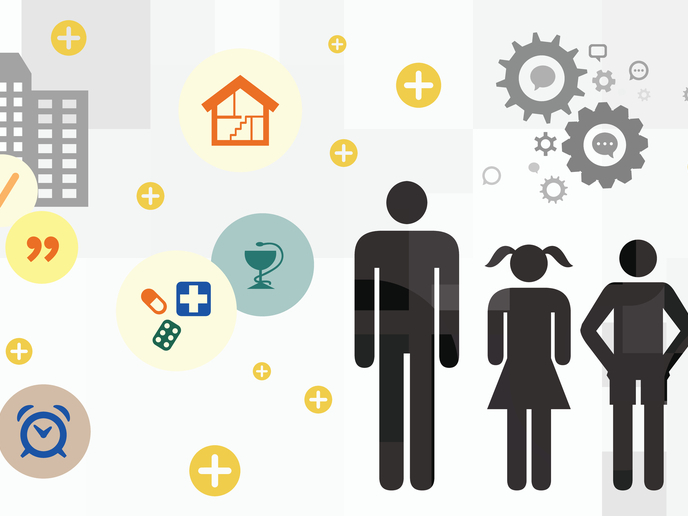Advancing knowledge on achieving both sustainable resource use and people’s well-being
Provisioning systems can be seen as complex systems that mediate how natural resources are ultimately transformed into the material and cultural things that contribute to meeting human needs. The LIVEWELL project focused on developing an innovative framework to (a) help understand why levels of resource use and social outcomes vary across different societies, and (b) help identify obstacles to improving the resource efficiency of need satisfaction. Project fellow Andrew Fanning elaborates on the rationale: “A better understanding of provisioning systems can provide insight on how to achieve high levels of well-being at lower levels of resource consumption that are within planetary boundaries.”
Research beyond disciplinary boundaries
Research focused on the links between sustainable use of resources and human well-being, successfully bridging the social and natural sciences. One result of this approach is an analytic framework offering better understanding of variations in levels of resource use and social outcomes across different societies in the context of planetary boundaries. “Notably,” Fanning reports, “we use this framework to identify key obstacles to improving the resource efficiency of human well-being, such as the extraction and appropriation of economic rents by powerful actors who are entrenched in the unsustainable and highly unequal status quo.” Project findings are reported on in a series of scientific articles as well as on a dedicated interactive website and related general-interest blogs, videos and articles. In one article, appropriately titled ‘A good life for all within planetary boundaries’, the authors report that, presently, not one country (of the 150 surveyed) meets its citizens’ basic needs at a globally sustainable level of resource use. Wealthy nations satisfying most citizens’ basic needs were found to do so at an unsustainable level of resource use. On the flip side, countries using resources sustainably were failing to meet residents’ basic needs. “Worryingly, we found that the more social thresholds that a country achieves, the more biophysical boundaries it tends to transgress,” notes Fanning.
Reorienting research goes hand in hand with reorienting resource use
Various challenges prompted LIVEWELL to reorient some of its originally intended activities. For example, plans to conduct qualitative case studies of provisioning systems in key countries were thwarted when it became apparent there was no clear definition of this emerging concept. This obstacle, however, was turned into an opportunity to gain better insight into what provisioning systems are, why they vary across societies, and how they might help understand obstacles to meeting basic needs at sustainable levels of resource use. The article ‘Provisioning systems for a good life within planetary boundaries’ explains these efforts. Regarding the project’s most significant achievement, Fanning states: “To me, the LIVEWELL project’s most significant achievement is that we demonstrated it is possible to rigorously measure and support progress towards the paradigm-changing vision of a world that meets the needs of all people within the limits of the living planet.” Importantly, the fellow’s efforts have also ensured these and other project findings are being communicated to a general audience through his new position leading the Research & Data Analysis area at Doughnut Economics Action Lab.
Keywords
LIVEWELL, resource use, provisioning systems, sustainable, well-being, planetary boundaries, basic needs, consumption, natural resources

